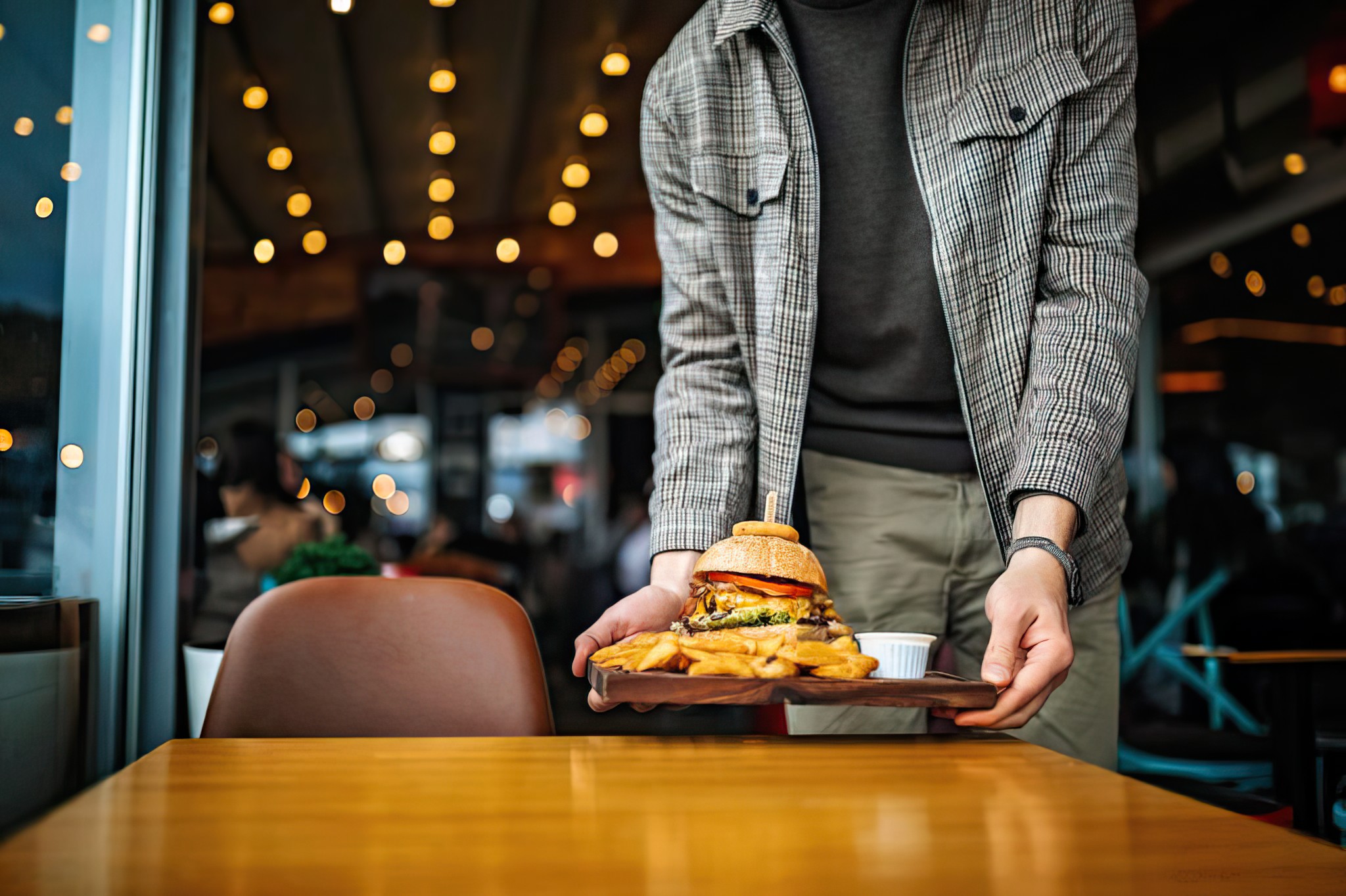The quick-service restaurant (QSR) industry has always been dynamic and challenging. However, recent years have seen significant shifts in its landscape. The onset of the COVID-19 pandemic brought unprecedented challenges, accelerating trends, and exposing vulnerabilities in QSR operations worldwide.
1. Contemporary Challenges in Quick-Service Restaurants
The quick-service restaurant (QSR) industry has always been dynamic and challenging, but recent years have seen a big shift in its landscape. The onset of the COVID-19 pandemic brought unprecedented challenges, accelerating trends and exposing vulnerabilities in QSR operations worldwide:
Operational Pressure and Food Safety: The pandemic heightened the importance of food safety and quality, with 38% of QSRs feeling increased pressure to speed up food preparation, and 22% acknowledging heightened food risks due to home delivery demands.
Employee Recruitment and Training: Nearly 90% of surveyed QSR brands reported difficulties in recruitment and retention during the pandemic, with over half delaying or canceling employee training.
Supply Chain Disruptions: Global supply chain disruptions posed significant challenges, affecting menu availability and food safety due to unreliable equipment and resources.
2. The Digital Transformation Imperative
In response to these challenges, there's been a rapid shift toward digital transformation in the QSR sector:
Emergence of a Digital-First Approach: With declining in-person dining, QSRs are pivoting to digital-first strategies, emphasizing mobile ordering, delivery, and contactless services.
Customer Expectations and Technology Adoption: Customers now prefer quick, contactless experiences and the ability to place orders in advance. This has necessitated the integration of technology for efficient service delivery, online ordering, and curbside pickups.
3. Best Practices for Effective Management
Amidst these changes, adopting best practices is crucial for QSRs:
Utilizing Checklists for Operational Consistency: Implementing checklists for opening, closing, and pre-rush preparations helps ensure consistency in operations and enhances food safety and customer experience.
Embracing Technological Solutions: Integrating advanced technologies, such as LivTech's iServe Kiosk, offers solutions for enhancing customer engagement, streamlining ordering processes, and improving overall efficiency.
Continuous Adaptation and Innovation: Continuous learning and adaptation, including embracing new technologies and methodologies, are key to staying ahead in the fast-evolving QSR industry.
The future of the QSR industry is intrinsically linked to how well it navigates these modern challenges. Embracing digital transformation, focusing on customer-centric strategies, and continuously innovating operational practices are essential for success in this rapidly changing landscape.

